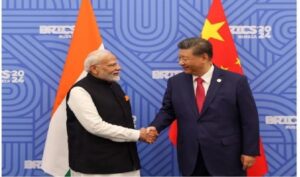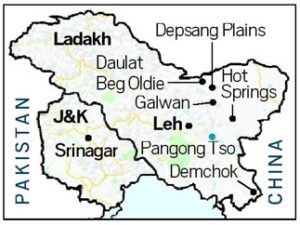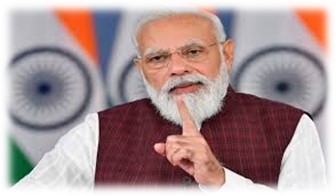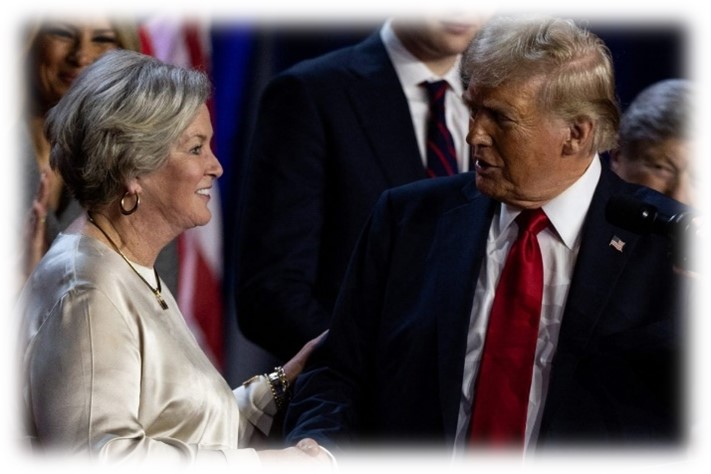The Indian Army resumes patrols in Demchang and Despang after 4.5 years. Eastern zone of Ladakh was blocked by Chinese troops. This follows disengagement and verification process from both sides. Now border tensions finally come to an end.

KOLKATA: The Army started initial patrols on Thursday in a few areas of Demchang and Despang, where Chinese troops blocked the access. It comes under the process after the Eastern Zone of Ladakh, along with the Line of Actual Control (LAC), completed the disengagement process on Thursday.
This remarkable step helps towards reducing tensions in the region, which started with the deadly Galwan clashes in 2020.This normalization was followed by an agreement formalized between Beijing and New Delhi to end a four-year standoff.
Despang and Demchok are two important points of Ladakh where rival soldiers keep their eye always. The disengagement began after India and China announced a breakthrough in negotiations on October 21.
India and China earlier disengaged from Galwan Valley, Pangong Tso, Gogra (PP-17A) and Hot Springs (PP-15). These ‘no-patrol’ buffer zones varying from 3km to 10 km, largely came up on the India consider to be its own territory. Here buffer zones were created to temporarily restrict the patrolling activities of both armies in the region. They tried to stop any further violent face-offs.
The disengagement agreement only includes Depsang and Demchok. Both countries will continue their talks at different levels on previously created buffer zones after troop pullback.

China said the two armies are implementing the “resolutions” concerning the disengagement along LAC in eastern Ladakh in an “orderly” manner, news agency PTI reported from Beijing.
China and India have reached resolutions on issues concerning the border, the report said quoting Chinese foreign ministry spokesman Lin Jian. “At the moment, the Chinese and Indian frontier troops are implementing the resolutions in an orderly way,” the Chinese official said, responding to a question on the disengagement.
Former retired director general of military operations Lieutenant General Vinod Bhatia earlier said, adding that the two sides can now chart a path to restore peace.
Disengagement completed at Depsang and Demchok, but both sides are now carrying out joint verification of the troop. They are ensuring the removal of temporary structures and troop withdrawals.
Discussions will continue at the local commanders’ level, involving brigadiers and officers. These engagements help to refine patrolling protocols and address any remaining issues. Ground commanders from both sides are involves in finalizing safe patrolling modalities to prevent any misunderstandings along the border.
On the very auspicious day of Diwali, the Indian and Chinese troops engaged in the customary exchange of sweets. Previously, no additional cultural programs accompanied this exchange. It helps to strengthen the bond further.





